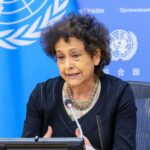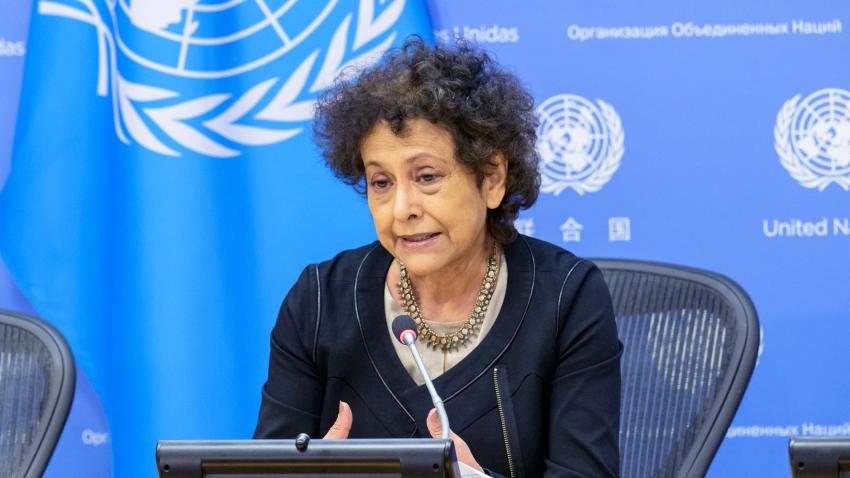United Nations Special Rapporteur on the promotion and protection of the right to freedom of opinion and expression, Irene Khan, has called on the Zambian government to decriminalize several offenses that restrict freedom of expression. In her recent report on the state of free speech in Zambia, Khan specifically highlighted the urgent need to repeal laws on seditious practices, hate speech, and criminal libel, which she says conflict with international human rights standards.
Khan emphasized that offenses such as defamation under section 191 of the Penal Code, seditious practices under section 57, and laws criminalizing insulting language are not in line with Article 19 of the International Covenant on Civil and Political Rights (ICCPR), which Zambia is a signatory to. These laws, according to her, have a chilling effect on free speech and are frequently used to silence dissent and criticism.
“In line with growing practice in Africa and elsewhere, the Government should decriminalize defamation (criminal libel) by repealing section 191 of the Penal Code, repeal the offences of seditious practices (sect. 57) and the use of insulting language,” Khan’s report states.
The Special Rapporteur also urged Zambia to fully operationalize the Access to Information Act without delay, enabling citizens to obtain government information transparently and freely. This, she says, is fundamental to enhancing accountability and fostering an informed public.
Khan’s recommendations come amid ongoing debates in Zambia about balancing national security and public order with fundamental human rights. The current criminal provisions are viewed by many human rights organizations as outdated and overly restrictive.
The report encourages Zambia to align its laws with international best practices by replacing criminal penalties with civil remedies where necessary, ensuring that freedom of expression is protected, including for journalists, activists, and ordinary citizens.
Civil society groups in Zambia have welcomed the Special Rapporteur’s recommendations, calling on the government to act swiftly to repeal the restrictive laws and promote a more open and democratic society.
As Zambia navigates these legal reforms, Khan’s report underscores that protecting freedom of expression is crucial for democratic governance, social development, and respect for human rights. Decriminalizing speech-related offenses is an important step towards fostering an environment where diverse opinions can be shared without fear of reprisal.






